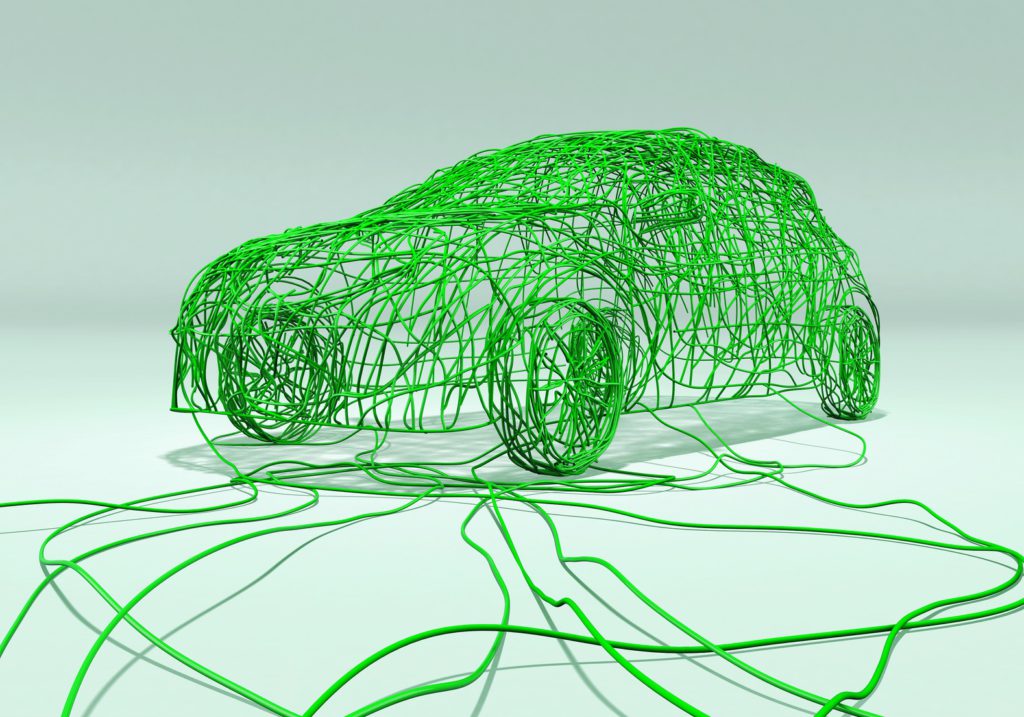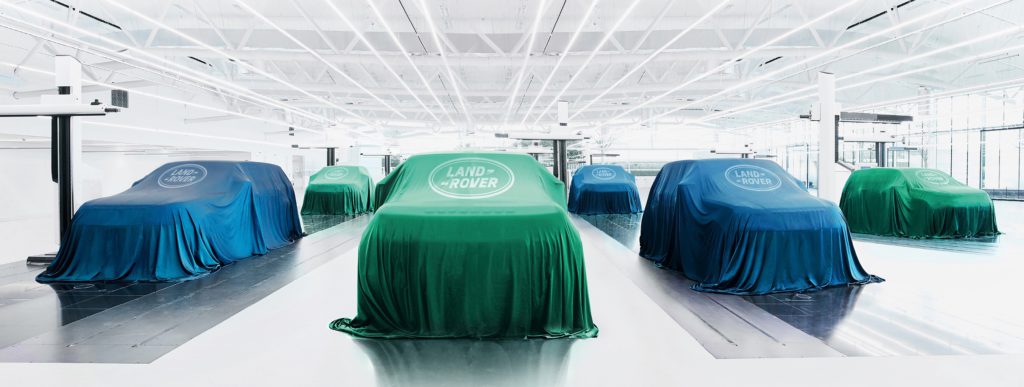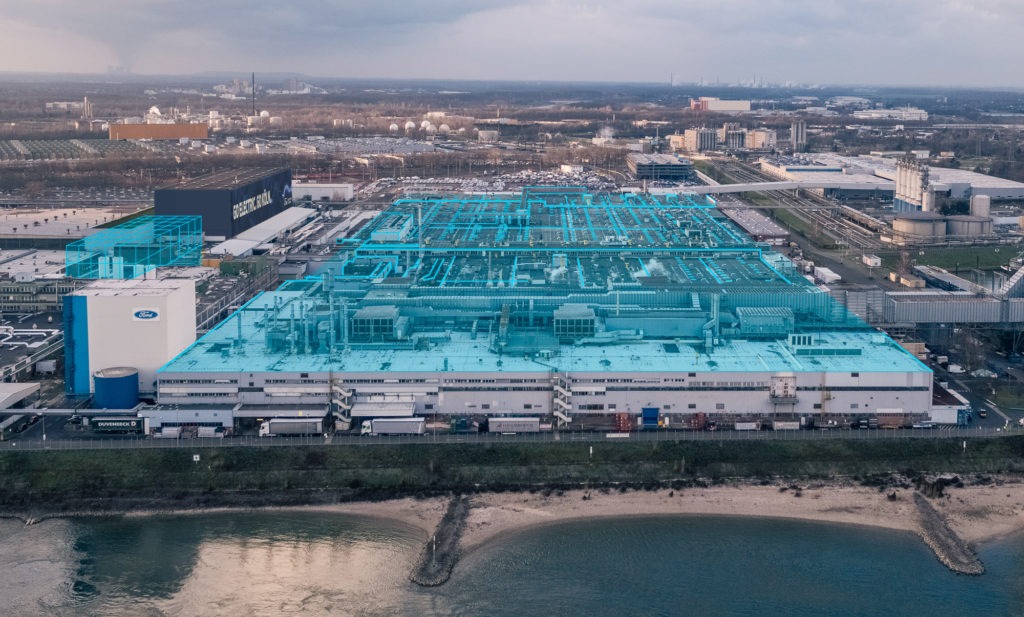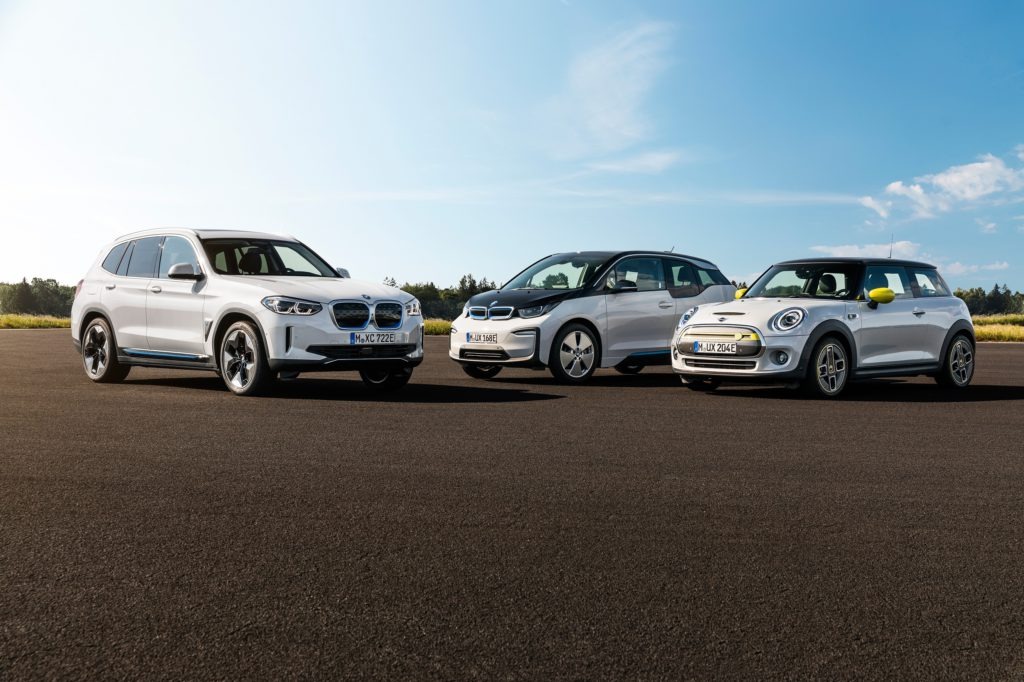Fiat to go all electric by 2030
08 June 2021
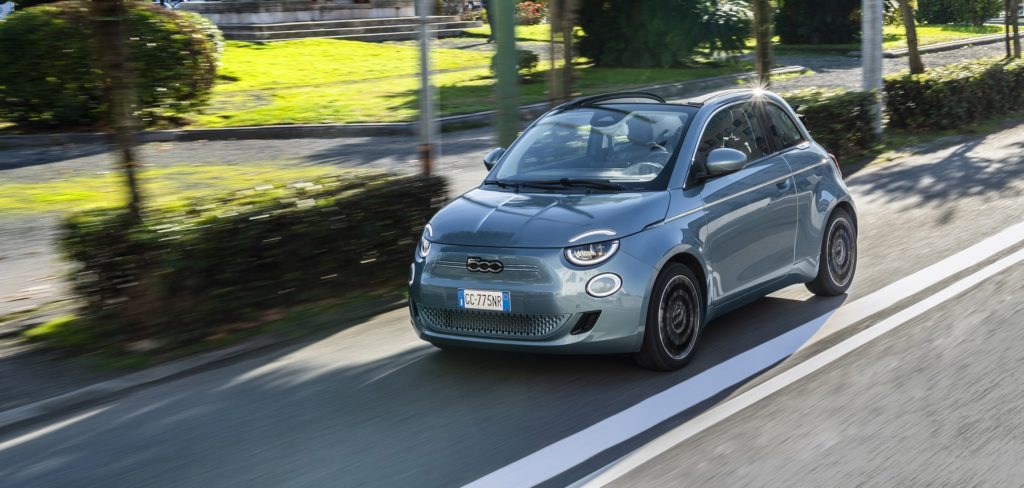
Fiat will phase out internal-combustion engine (ICE) vehicles from 2025, aiming to go all electric by the end of the decade. The move was confirmed in an environmental discussion between Fiat CEO and Stellantis CMO, Olivier François, and environmental architect and urban planner Stefano Boeri.
As one of the 14 subsidiary brands making up the newly-formed Stellantis group, this move towards electrification will put Fiat on course to lead the charge. Fiat Chrysler Automobiles (FCA) and PSA Group merged at the beginning of this year and in April set a new electrification target. By the end of this decade, the group is aiming to generate 70% of its European passenger-car sales from electrically-chargeable vehicles (EVs). This is a significant increase on the 14% EV-share target for the current year.
Other carmakers have set similar goals. For example, Jaguar will go electric only by 2025, and Ford wants its entire European passenger-vehicle range to be zero-emissions capable by mid-2026. In the same year, Bentley hopes to become the first Volkswagen (VW) Group brand to commit to complete electrification. In March, both Volvo and Mini confirmed they would go electric-only by 2030.
New Renaissance
François and Boeri sat down in front of a camera for World Environment Day 2021 to discuss urban mobility and sustainable architecture. An automotive company and an architect might seem like a strange combination. But societal trends, increasing concern over environmental issues, and the fallout from COVID-19 had the pair considering a ′New Renaissance.’ Combining green architecture like Boeri’s Bosco Verticale building, which holds 27,000 C02-absorbing plants, and battery-electric vehicles (BEVs) like the Fiat 500 Electric holds the potential for greener cities.
François said that ′the decision to launch the New 500 – electric and electric alone – was actually taken before COVID-19. Even then, we were already aware that the world could not take any more ″compromises.″ In fact, lockdown was only the latest of the warnings we have received.’ He explained that the pandemic was yet another reminder of the urgent need to act, and do something for the planet.
Another transformation
This has led the carmaker and its iconic 500 to add an important new word to its ′mobility for all’ mission statement: ′sustainable mobility for all.’ So, Fiat is looking to bring more affordable EVs to the market, ones with a price tag no bigger than an ICE-powered model. It hopes to do this as soon as possible, in line with the falling cost of batteries. ′Between 2025 and 2030, our product line-up will gradually become electric-only. This will be a radical change for Fiat,’ François said.
To ensure that sustainable mobility can be accessed by all, Fiat will need to look beyond the vehicle itself. The carmaker has already recognised the need to make electric models more accessible through ′innovation and new financial products.’ Given the larger price tags that accompany new EVs, shared mobility is an option many OEMs are exploring. Urban centres, where air pollution is a particular environmental issue, hold the potential for a new take on transport, with consumers paying for the mode they need when they need it. Why own a car when you can pay to access an EV, clean public transport, or a micro-mobility solution?
Whether owned by the consumer or not, these EVs will also need access to infrastructure. Fiat points out that private charging points at apartment buildings, as well as the penetration of fast-charging stations, must increase. Beyond adapting what already exists, thought must go into the buildings of the future to ensure they are capable of supporting this move towards electromobility. This means reassessing urban planning, and considering how designing buildings today might impact the roads tomorrow.
